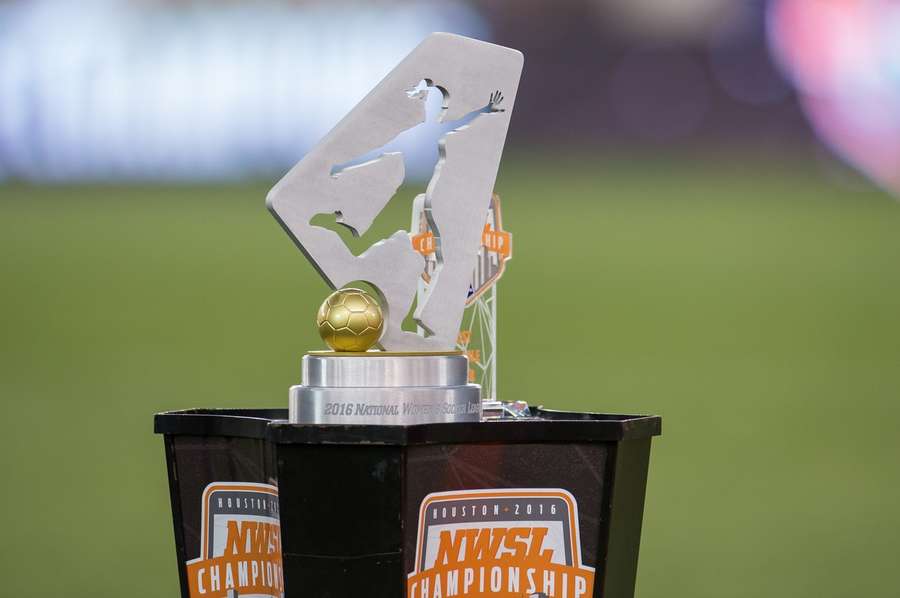Inquiry shows abuse, misconduct 'systemic' in US top-flight NWSL

NWSL was forced into a reckoning a year ago as a report from The Athletic outlined allegations of sexual abuse by former North Carolina Courage head coach Paul Riley, after speaking to more than a dozen players he had coached since 2010.
The Athletic said Riley denied "the majority" of the allegations.
The fallout engulfed the league, prompting the departure of former Commissioner Lisa Baird and demands for reform, while half of the NWSL teams parted ways with their head coaches over player complaints before the end of the 2021 season.
US Soccer brought on Sally Q. Yates and King & Spalding LLP to conduct the independent inquiry and released the full findings.
"Our investigation has revealed a league in which abuse and misconduct - verbal and emotional abuse and sexual misconduct - had become systemic, spanning multiple teams, coaches, and victims," Yates' report said.
US Soccer President Cindy Parlow Cone called the investigation's findings "heartbreaking and deeply troubling."
The NWSL said it would immediately review the findings.
A joint investigation between the league and its players' association is ongoing.
"We greatly appreciate our players, staff and stakeholders' cooperation with both investigations, especially during the ongoing season," the league said in a statement.
"We recognize the anxiety and mental strain that these pending investigations have caused and the trauma that many – including players and staff – are having to relive."
The Yates report said that allegations of abuse in the league were made available to the NWSL and US Soccer long before they came to light in The Athletic report.
The 172-page report said that coaches accused of abuse were able to move from club to club because teams, the NWSL and US Soccer "failed to identify misconduct and inform others."
The report recommended a variety of reforms aimed at boosting accountability and transparency, including a requirement for misconduct to be disclosed.
"Abuse in the NWSL is rooted in a deeper culture in women’s soccer that normalizes verbally abusive coaching and blurs boundaries between coaches and players," Yates said in a statement.



